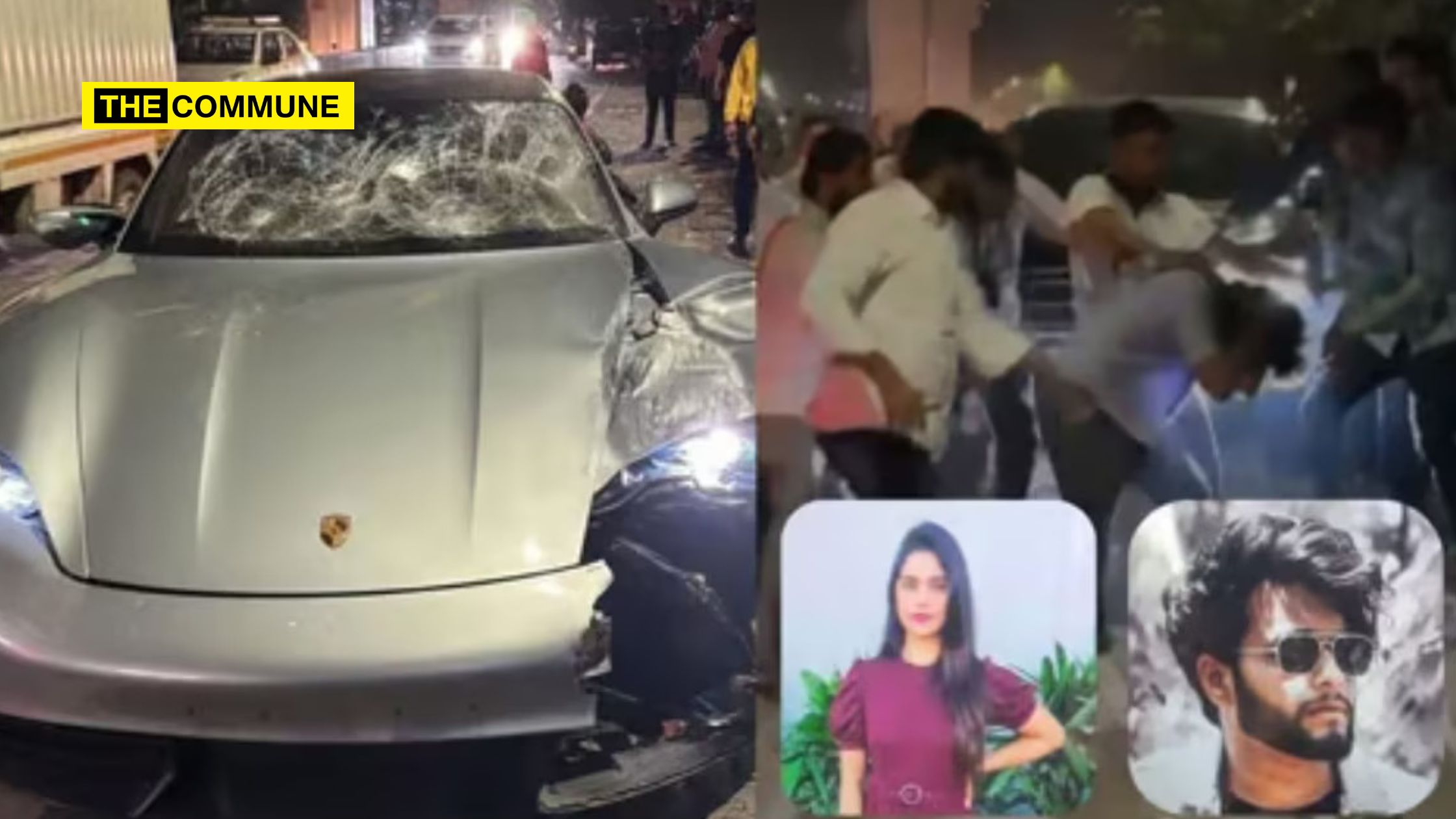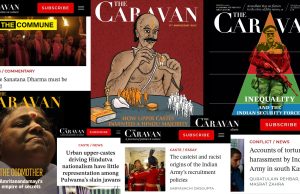
(Image Credit: ABP News)
“Justice delayed is justice denied” is a legal maxim implying that if legal redress or equitable relief is not provided promptly, it is tantamount to having no remedy at all. This pattern is evident in major cases within the Indian judiciary, particularly when the suspect or accused is affluent or has political connections. Recently, we have observed two such instances, one involving AAP politician Arvind Kejriwal, who was granted bail to participate in an election campaign, and another in the hit-and-run case involving Vedant Agarwal, the son of Vishal Agarwal of Brahma Realty, a real estate businessman.
Agarwal’s son, 17, was involved in the fatal car accident in Pune in the early hours of 19 May 2024. The teenager had been drinking at one bar before moving to another on the night of the crash. The victims, Aneesh Awadhiya and his friend Ashwini Koshta, both techies, were killed when their motorbike was struck by the Porsche. Ashwini died at the scene, while Aneesh was taken to a city hospital, where he succumbed to his injuries shortly after.
Shockingly, the 17-year-old was granted bail by a district court just 14 hours after being detained, sparking widespread outrage. The juvenile justice court imposed conditions for his release, requiring him to write a 300-word essay on “The Effects of Road Accidents and Their Solutions,” assure his parents that he would not re-offend, and undergo counseling were made mockery in social media, Who was according to the FIR, with his friends partied at Cozy Bar from 9:30 PM to midnight, and then at Black Bar from midnight to 1 AM on Sunday, prior to the fatal crash.
शर्म आणि चाहिए की एक हत्या को मजाक बना दिया है#ArrestVedantAgarwal
Plz do justice @PuneCityPolice @CPPuneCity pic.twitter.com/MpuQ59pd6U
— Kya_Kahu🏹🚜😋 (@devershit) May 20, 2024
Similar to the Agarwal case, the high-profile hit-and-run incident involving Bollywood actor Salman Khan comes to mind.
Salman Khan Hit & Run Case
On 28 September 2002, Salman Khan was arrested for running over five homeless people on the streets of Mumbai, resulting in one death and four injuries. In October 2002, he was charged with culpable homicide not amounting to murder. However, in the same month, the Bombay High Court dropped the culpable homicide charges and instead charged him with rash and negligent driving.
It wasn’t until May 2015 that the Bombay Sessions Court convicted Salman Khan, sentencing him to five years in prison for driving under the influence of alcohol. By December 2015, however, the Bombay High Court granted him bail and acquitted him of all charges due to lack of evidence. Six months later, the Maharashtra government appealed to the Supreme Court, and the case remains pending.
In 2016, Supreme Court has dismissed the request to treat this case as an urgent matter. As a result, the case against Khan is unlikely to be heard for at least four years, unless the SC prioritizes it. The top court rejected the state government’s plea to hear the case within six months.
“This is an accident case. We cannot expedite it just because a particular individual is involved,” Justice Khehar told Attorney General Mukul Rohatgi, who submitted the request on behalf of Maharashtra. “This case dates back to 2002. By the time the appeal is heard, many years will have passed. We request that it be listed after six months,” the attorney general said, referencing the extended time the SC typically takes to hear admitted appeals.
The judicial process in this hit-and-run case has been lengthy: it took 11 years to frame charges, 2 years to find him guilty, 7 months to acquit him, and now, 8 years later, the appeal against his acquittal has yet to be heard.
The Agarwals have 𝗺𝘂𝗰𝗵 more money than Salman. So worth remembering what happened in the Salman hit & run case. This country is a joke, this country’s entire “law and order” apparatus is a joke. And make no mistake 𝗩𝗲𝗱𝗮𝗻𝘁 𝘄𝗶𝗹𝗹 𝗴𝗲𝘁 𝗮𝘄𝗮𝘆 𝘄𝗶𝘁𝗵 𝘁𝗵𝗶𝘀… pic.twitter.com/RUvJZDOezD
— Abhijit Iyer-Mitra (@Iyervval) May 21, 2024
Similar Cases Involving Affluent Individuals Granted Bail in Pending and Unresolved Hit-and-Run Incidents
- Sujata Shroff, a builder from Pune, crashed into a median in 2017, resulting in the death of a 3-year-old girl and her mother, and severely injuring three others. She was granted bail within hours, and the plea to cancel her bail was rejected. Since 2017, there has been no update on the case.
- Mukund Abhyankar, the head of Cosmos Bank, was involved in a rash driving incident that killed Arundhati Hasabnis in Pune in 2016. He was convicted seven years later and received a sentence of six months of simple imprisonment and a fine of 1,000 rupees.
- Ritika Maloo from Nagpur was allowed to abscond for over eight days by the police, who also delayed her blood testing by seven hours. Despite this, the court granted her bail.
- Asees Chadha killed five people while driving his Bentley in Lutyens’ Delhi on February 18, 2019. Initially denied bail by Patiala House on February 20, he was granted bail by the Delhi High Court on February 21. As of May 2024, there has been no progress in the case, five years later.
According to the police, Section 304 of the Indian Penal Code, which deals with culpable homicide not amounting to murder, was applied. This section is a non-bailable offense with a harsher punishment compared to Section 304A, which addresses causing death by negligence. This more severe charge was applied in most of the significant cases mentioned, but the outcome has more or less tilted towards those who have money and power.
Will the Pune Porsche crash case face the same judicial outcome like the rest? Only time will tell.
Subscribe to our channels on Telegram, WhatsApp, and Instagram and get the best stories of the day delivered to you personally.




